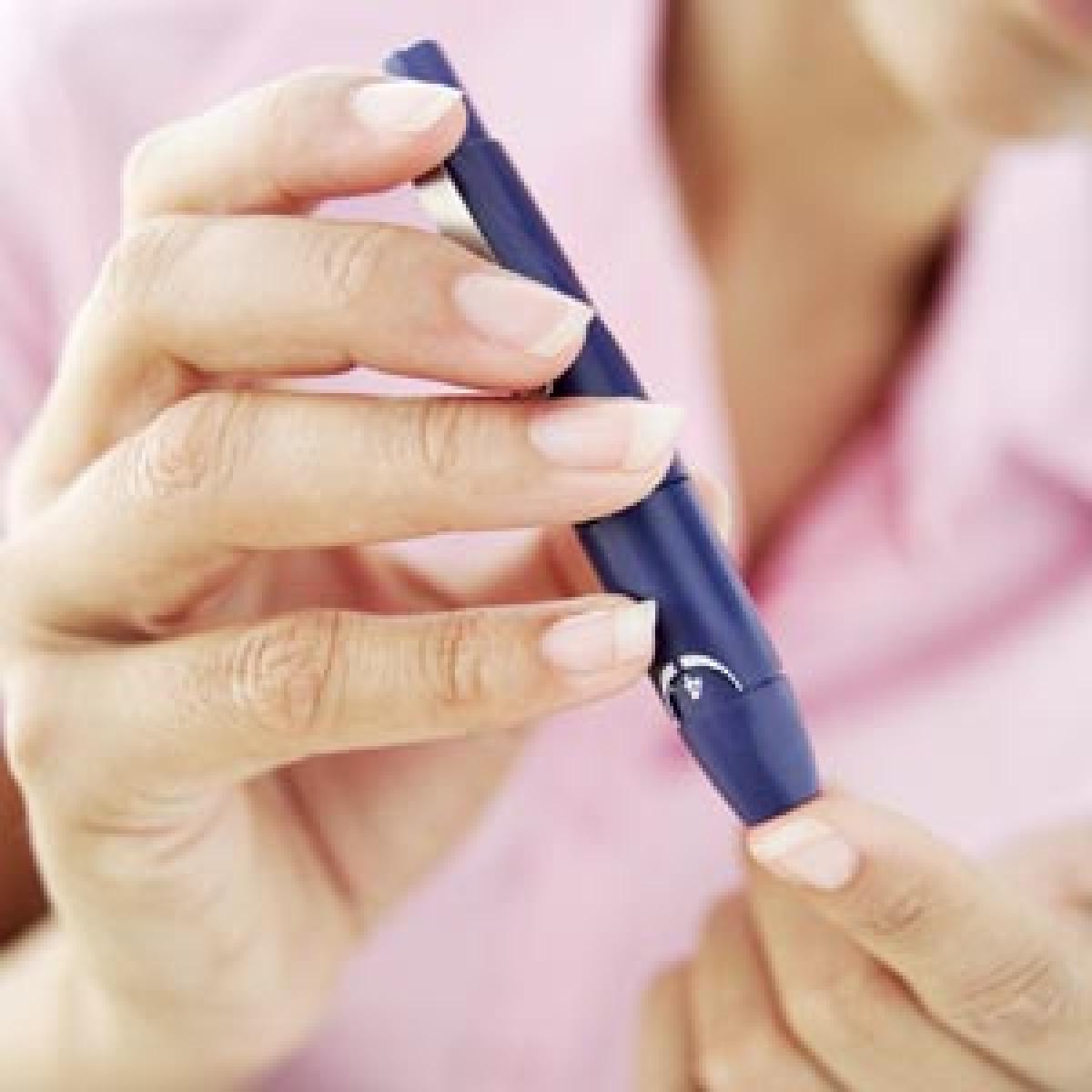Live
- Congress Clinches Landmark Victory in Shiggaavi By-Elections
- Vidhu Vinod Chopra embraces realism
- Maharashtra election result reflects people's trust in PM Modi: Chandrababu Naidu
- Maharashtra has rejected Rahul Gandhi & Congress: Tamilisai Soundararajan
- Roads blocked with containers, army called in as Pakistan seals capital Islamabad ahead of PTI protest
- ISL 2024-25: NorthEast United forward Alaaeddine Ajaraie named Player of the Month
- MahaYuti’s landslide win a major boost to make Maharashtra a $1 trillion economy
- Regional parties will continue to be future of Indian politics, says BRS
- Most Americans not aware that alcohol ups cancer risk: Survey
- Bengal bypolls: Trinamool Congress sweeps up all six Assembly constituencies, Mamata thanks voters (4th Lead)









